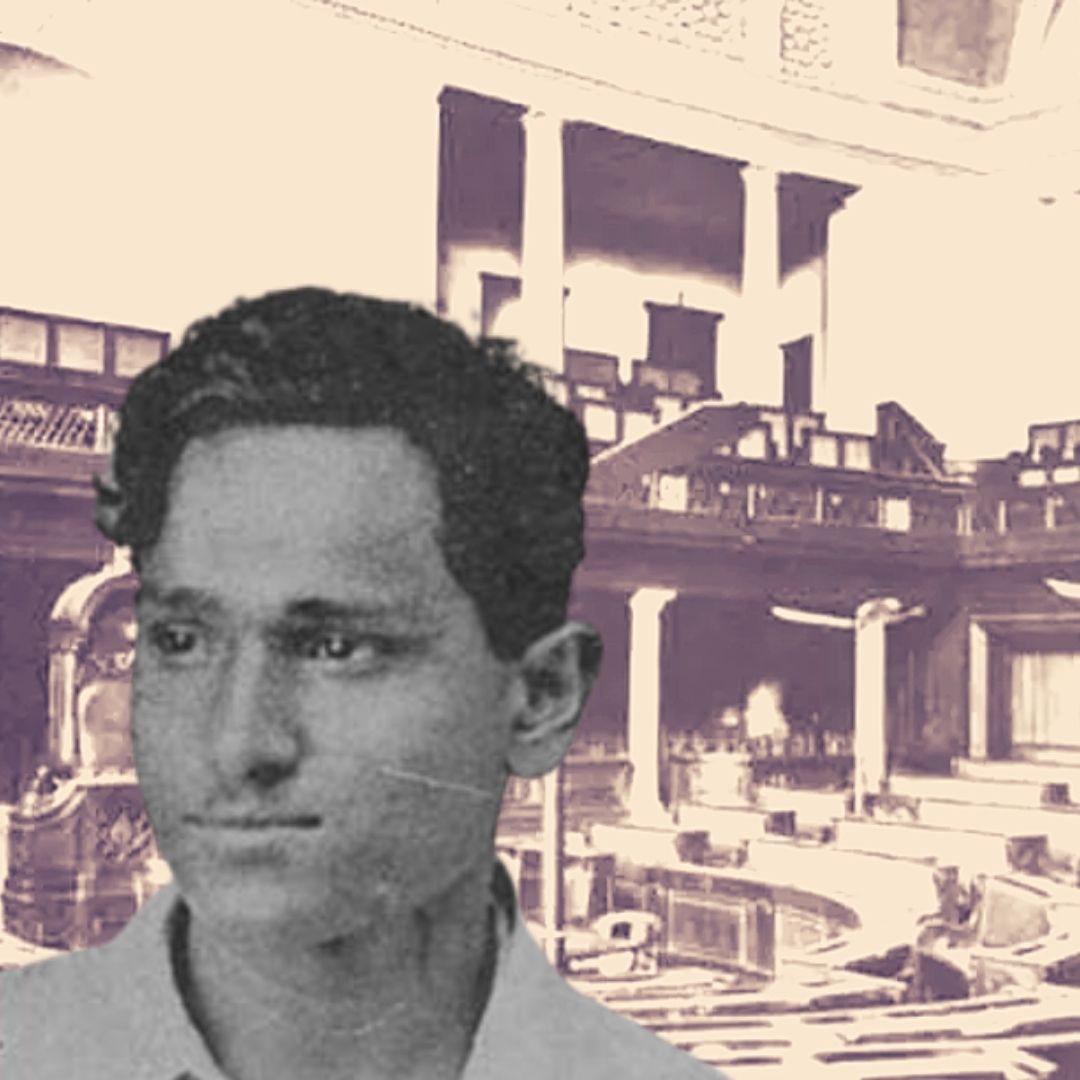
Image Credit: Wikipedia, Navbharat Times
Batukeshwar Dutt: The Freedom Fighter Who Won A National Film Award Post Independence
Writer: Ratika Rana
Her primary objective is to inform, promote, educate and cultivate readers through writing.
India, 23 May 2022 8:22 AM GMT
Editor : Ankita Singh |
A literature lover who likes delving deeper into a wide range of societal issues and expresses her opinions about the same. Keeps looking for best-read recommendations while enjoying her coffee and tea.
Creatives : Ratika Rana
Her primary objective is to inform, promote, educate and cultivate readers through writing.
Batukeshwar Dutt is most famous for throwing smoke bombs alongside Shaheed-e-Azam Bhagat Singh. However, few know that he won a National Film Award as well.
In the pre-independent era, India had thousands of freedom fighters struggling for independence from British rule. Born in November 1910, Dutt was one of Bhagat Singh's closest comrades, who also accompanied him in throwing the smoke bomb in the Central Legislative Assembly.
Dutt also learned to make bombs alongside Bhagat Singh and Chandrashekhar Azad. While the legend of Bhagat Singh continued to inspire several future generations, Dutt, who was most famous for his bomb-throwing in 1929, remained an unsung hero.
When Dutt Won A National Film Award
While many regard Batukeshwar Dutt for his relentless attitude while striving for freedom, only a few know that Dutt has also been credited with a national film award for sharing insights and revealing details of the 1929 bombing for a Bollywood film. In 1965, a movie starring veteran actor Manoj Kumar named Shaheed was released on the life and journey of Shaheed-e-Azam Bhagat Singh.
Batukeshwar Dutt and Din Dayal Sharma wrote the story, while Shrimati Vidyavati, mother of Bhagat Singh, also provided inputs. The movie is a first-hand account of several instances and can be closely related to historical accuracy. The movie won the best Storywriter National Film Award in 1965.
Hunger Strike In Jail
After throwing the smoke bomb, Singh and Dutt did not even attempt to escape since they believed that their arrest would inspire the next generation of revolutionaries. Both freedom fighters were sentenced to transportation for life, in the convicts were deported from mainland India for the rest of their lives. While in jail, the two realized that they were treated like criminals and not political prisoners.
While, on the one hand, European inmates were given good clothes and better food, Indian prisons were made to do undignified labour. The two were furious at the treatment and wrote a letter to the government of India demanding no discrimination and degradation in their diet. They also sat on a hunger strike for their rights and conceded only when their demands were met.
Also Read: Rajasthan: 2 Arrested For Raping Woman Twice On Pretext Of Lift
 All section
All section














